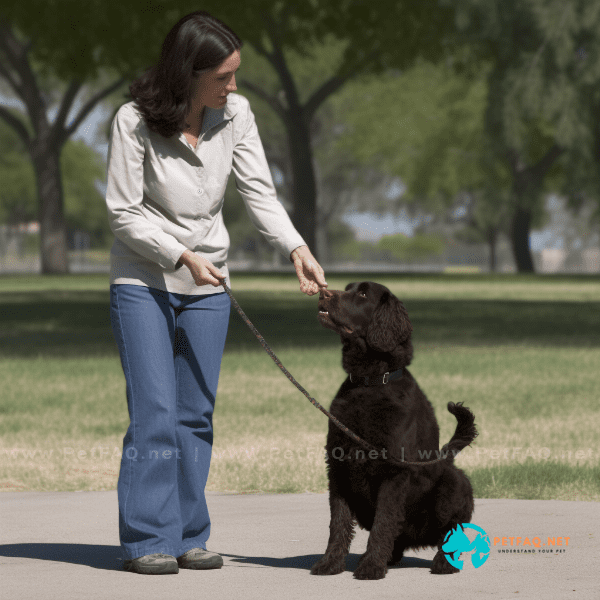How can dog owners adjust their disciplinary approach for different breeds or personalities?
Every dog breed and individual dog has unique characteristics, personalities, and learning styles that can affect their response to disciplinary training. Therefore, it is essential for dog owners to adjust their disciplinary approach based on their dog’s breed and personality to achieve the best training outcomes. Here are some tips on how to adjust your disciplinary approach for different breeds or personalities:
1. Research Breed-Specific Traits: Dog breeds have different traits that can influence their behavior and response to training. For example, working breeds such as German Shepherds and Border Collies are intelligent, energetic, and require more mental and physical stimulation, while some toy breeds may be more sensitive and require gentler training. Understanding your dog’s breed-specific traits can help you tailor your training methods to suit their needs.
2. Consider Personality: Each dog has its own unique personality, which can influence their learning style and behavior. Some dogs may be more dominant or independent, while others may be more social and eager to please. Understanding your dog’s personality can help you choose appropriate training techniques and adjust your disciplinary approach to suit their individual needs.
3. Use Positive Reinforcement: Positive reinforcement training techniques are an effective way to train dogs of all breeds and personalities. Positive reinforcement involves rewarding desirable behavior with treats, praise, and attention. Dogs respond well to positive reinforcement because it makes training fun and rewarding for them, and they learn to associate good behavior with positive outcomes.
4. Adjust Training Methods: Different breeds and personalities may respond better to different training methods. For example, some dogs may respond better to clicker training or reward-based training, while others may require more structured training sessions. It is essential to be flexible and adjust your training methods to suit your dog’s needs.
5. Be Consistent: Consistency is key when it comes to dog training. Dogs learn best when they receive consistent commands and rewards. It is important to establish clear rules and expectations from the start and be consistent in enforcing them.
In conclusion, adjusting your disciplinary approach to suit your dog’s breed and personality is essential for successful training outcomes. Understanding your dog’s breed-specific traits, personality, and learning style can help you choose appropriate training techniques and adjust your approach accordingly. Positive reinforcement, adjusting training methods, and consistency are all key to successful dog training. With patience, persistence, and a tailored approach, you can train your dog effectively and strengthen your bond with them.
Read more:The Importance of Discipline in Dog Training

Related Questions
- How do you potty train a puppy as part of obedience training?
- How can I teach my dog to not pull on the leash during walks?
- What are some free tips for teaching my dog to not bark excessively?
- How can you train a hunting dog to work with other dogs and hunters in the field?
- Canadian Working Dog Federation (CWDF): This organization offers Schutzhund/IPO/IGP titles and competitions for several breeds in Canada.
